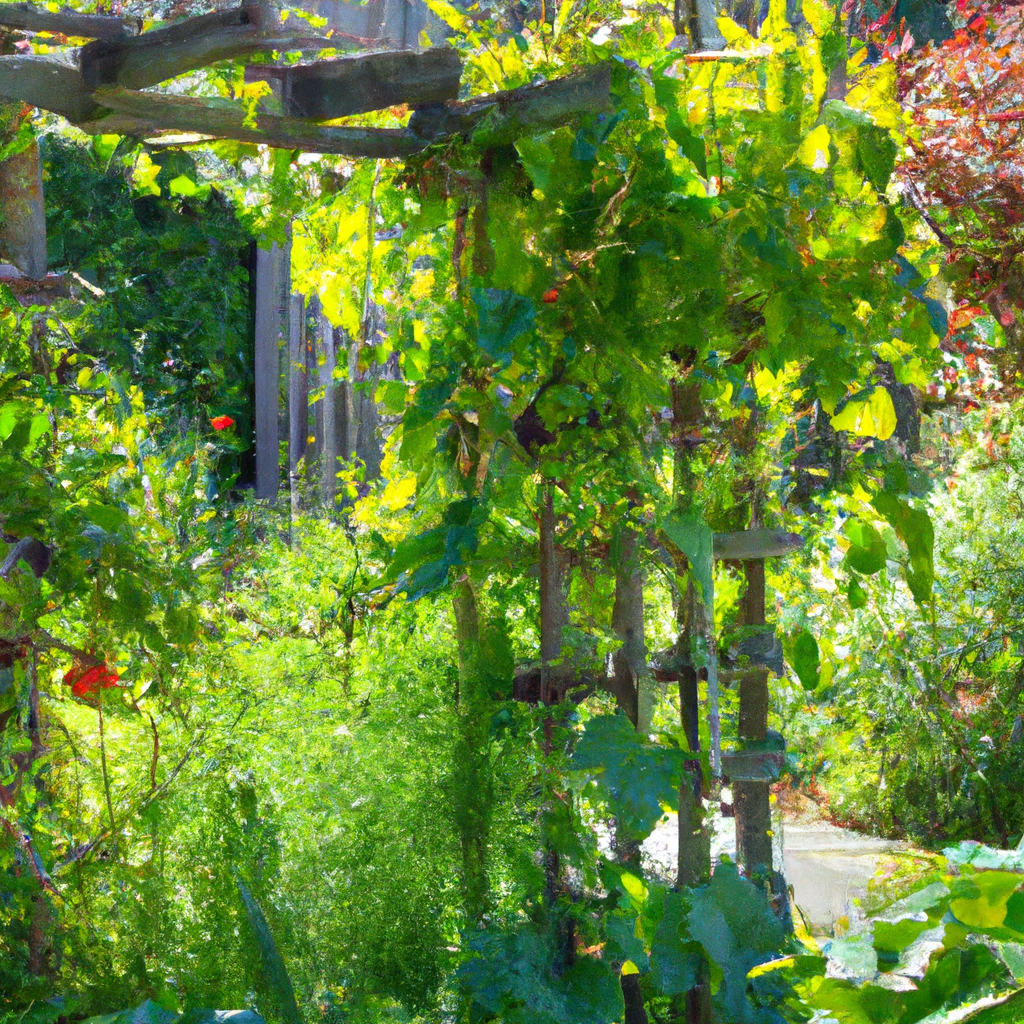Welcome to our comprehensive guide on clever gardening tips and tricks to help you achieve a lush and gorgeous garden. Whether you’re a seasoned gardener or just starting out, this article will provide you with valuable insights and techniques to take your gardening skills to the next level. We understand the importance of organic and sustainable practices, and our green thumb hacks will not only help you create a beautiful garden but also contribute to a healthier environment.

Creating a Solid Foundation
Before diving into the world of gardening, it’s crucial to establish a solid foundation. Start by assessing your garden’s soil composition. Healthy soil is the key to a thriving garden, as it provides essential nutrients and a conducive environment for plants to grow. Conduct a soil test to determine its pH level and nutrient content. Based on the results, you can adjust the soil using organic amendments such as compost, aged manure, or peat moss.
Choosing the Right Plants
Selecting the right plants for your garden is essential for their successful growth. Consider factors such as your region’s climate, sunlight availability, and soil type when choosing plants. Native plants are a great option as they are well-adapted to the local conditions and require less maintenance. Additionally, choose disease-resistant varieties to minimize the risk of plant infections. Researching and investing time in selecting the right plants will ensure a thriving and beautiful garden.
Efficient Watering Techniques
Watering is a vital aspect of gardening, and employing efficient techniques can conserve water and promote healthier plants. One effective method is drip irrigation, which delivers water directly to the plant’s roots, minimizing evaporation and water waste. Mulching is another strategy that helps retain moisture by reducing soil evaporation. Apply a layer of organic mulch around your plants to conserve water and suppress weed growth. Additionally, water your plants in the early morning or late afternoon to prevent excessive evaporation due to heat.
Maximizing Space with Vertical Gardening
If you have limited space, vertical gardening is an innovative solution to maximize your garden’s potential. By utilizing walls, fences, or trellises, you can grow plants vertically, saving valuable ground space. Climbing plants such as tomatoes, cucumbers, and beans thrive in vertical gardens. You can also incorporate hanging baskets or wall-mounted planters to add greenery to your outdoor areas. Vertical gardening not only optimizes space but also creates an aesthetic appeal in your garden.
Natural Pest Control
Dealing with pests can be a challenge for any gardener, but resorting to harmful chemical pesticides can have adverse effects on the environment. Instead, embrace natural pest control methods that are safe and effective. Companion planting is a technique where certain plants are grown together to repel pests. For example, planting marigolds alongside vegetables can deter aphids and other harmful insects. Additionally, introducing beneficial insects like ladybugs and praying mantises can help control pest populations naturally.
Composting for Nutrient-rich Soil
Composting is a sustainable practice that not only helps reduce waste but also provides nutrient-rich soil for your garden. Start by collecting kitchen scraps such as fruit peels, coffee grounds, and vegetable trimmings. Avoid adding meat, dairy, or oily food waste as they can attract pests. Combine these organic materials with dry leaves, grass clippings, and shredded newspaper in a compost bin. Turn the mixture regularly to encourage decomposition. Over time, you’ll have nutrient-rich compost that can be used to enrich your garden soil.
Embracing Organic Fertilizers
When it comes to fertilizing your garden, opt for organic alternatives that are safe for both your plants and the environment. Organic fertilizers such as compost, manure, and bone meal provide slow-release nutrients that are readily absorbed by plants. They also improve soil structure and promote beneficial microbial activity. Avoid synthetic fertilizers that can leach harmful chemicals into the soil and waterways, causing environmental damage. By embracing organic fertilizers, you’ll nourish your garden naturally and sustainably.
Conclusion
Congratulations! You are now equipped with an arsenal of green thumb hacks to create a lush and gorgeous garden. By implementing these clever gardening tips and tricks, you’ll not only achieve a visually stunning outdoor space but also contribute to a healthier ecosystem. Remember to establish a solid foundation with healthy soil, choose the right plants, employ efficient watering techniques, maximize space through vertical gardening, practice natural pest control, compost for nutrient-rich soil, and embrace organic fertilizers. Happy gardening!
